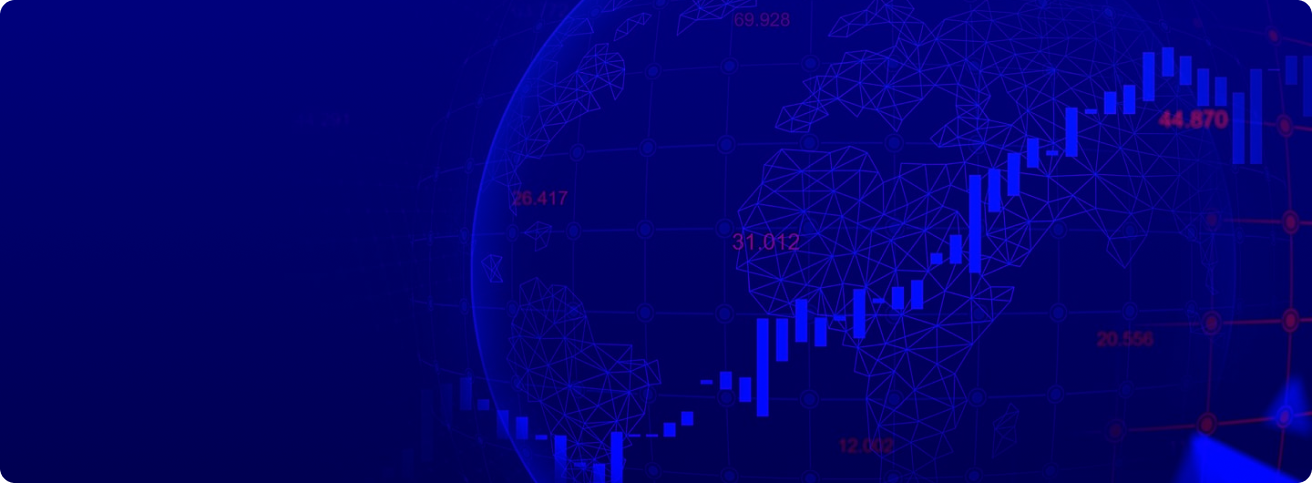A commodity trader plays a vital role in the financial markets by buying and selling commodities, which are raw materials or primary agricultural products that can be bought and sold. These traders typically use the best online commodity trading platform to facilitate their transactions, allowing them to access real-time market data and execute trades efficiently. Here’s a closer look at the responsibilities and functions of a commodity trader.
Market analysis and research:
One of the primary roles of a commodity trader is conducting thorough market analysis and research. Traders must stay informed about the supply and demand dynamics, geopolitical factors, weather patterns, and economic indicators that can influence commodity prices. By analyzing market trends and data, traders can identify trading opportunities. They often use various tools, including technical analysis, fundamental analysis, and statistical models, to forecast price movements.
Executing trades:
Once a trader identifies a promising opportunity, the next step is executing trades. This involves buying or selling commodity contracts, which can be done through various trading platforms or brokerage firms. Traders need to act quickly, as market conditions can change rapidly. The ability to make informed and timely decisions is important for increasing profits and minimizing losses.
Monitoring positions:
After executing trades, commodity traders must continuously monitor their positions. This involves tracking price movements and market developments that may affect their investments. Traders need to be vigilant and ready to react to changing conditions, such as sudden price spikes or economic reports. Regular monitoring allows traders to make informed decisions about when to hold, sell, or adjust their positions.
Building relationships:
Successful commodity traders often build strong relationships with various stakeholders, including producers, suppliers, brokers, and other traders. Networking and maintaining these relationships can provide valuable insights into market conditions and trading opportunities. Traders may also attend industry conferences and events to expand their network and stay updated on market trends.
Compliance and regulation:
Commodity trading is subject to various regulations and compliance requirements. Traders must adhere to these rules to operate legally and ethically within the market. This includes understanding and following guidelines set by regulatory bodies, ensuring that their trading practices comply with industry standards.



